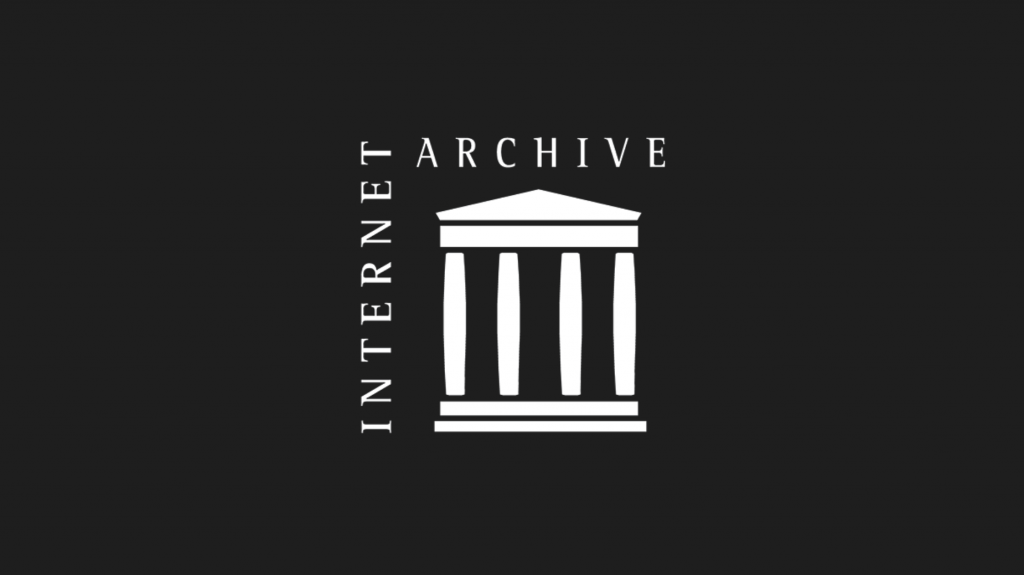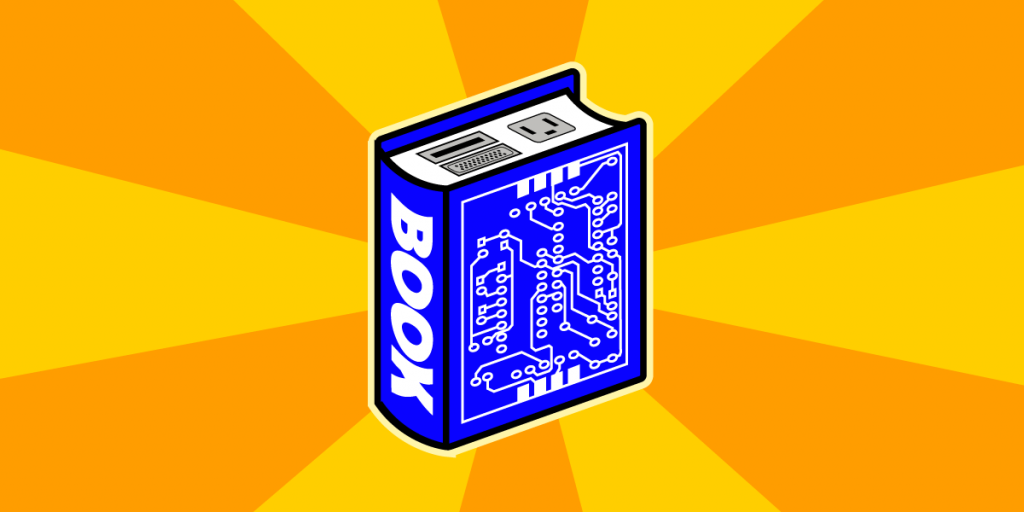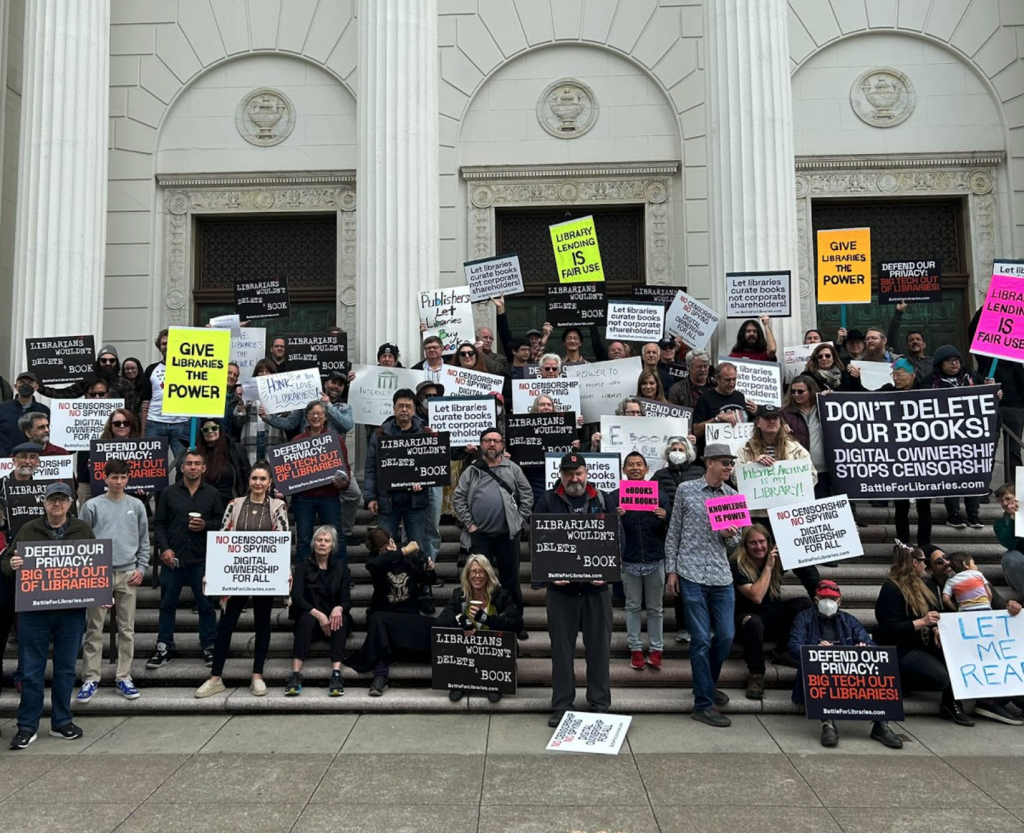
More than one hundred supporters gathered on the steps of the Internet Archive last Saturday to rally support for our library in the face of a judgment that threatens the digital future of all libraries.
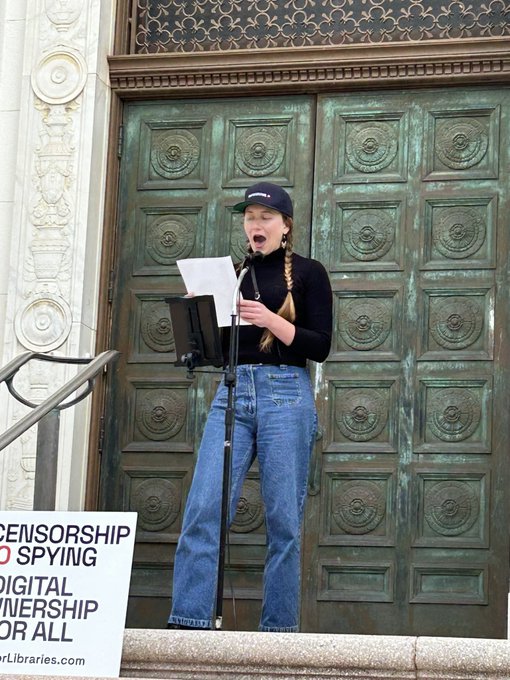
Digital rights advocate Lia Holland of Fight for the Future read from the letter signed by Neil Gaiman, Naomi A. Klein, Chuck Wendig, Karen Joy Fowler, Cory Doctorow and more than 1,000 additional authors who are speaking out on behalf of libraries, demanding that publishers and trade associations put the digital rights of librarians, readers, and authors ahead of shareholder profits.
Cindy Cohn, the Executive Director of the Electronic Frontier Foundation (EFF), who are representing Internet Archive in our lawsuit, underscored the valuable role that libraries play in protecting reader privacy; values that are not shared by the corporations and platforms that have become intertwined around ebooks. “When libraries can’t own ebooks, how private will your reading be?” Cohn asked. “Everyone deserves the right to read without someone looking over their shoulder.”
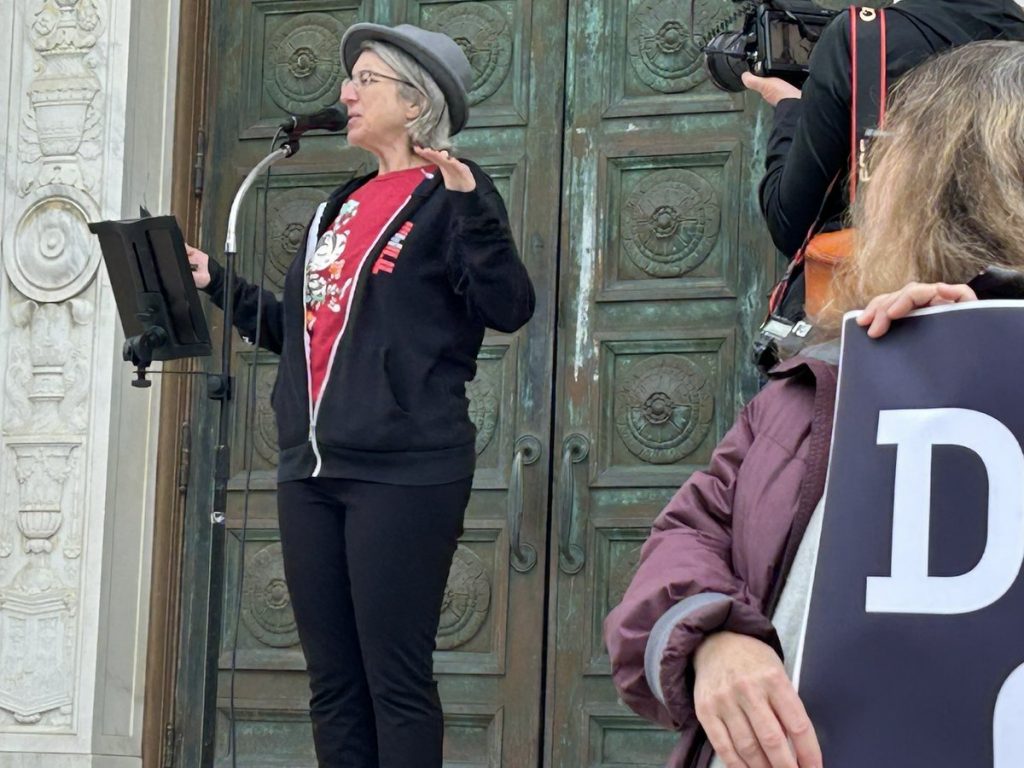
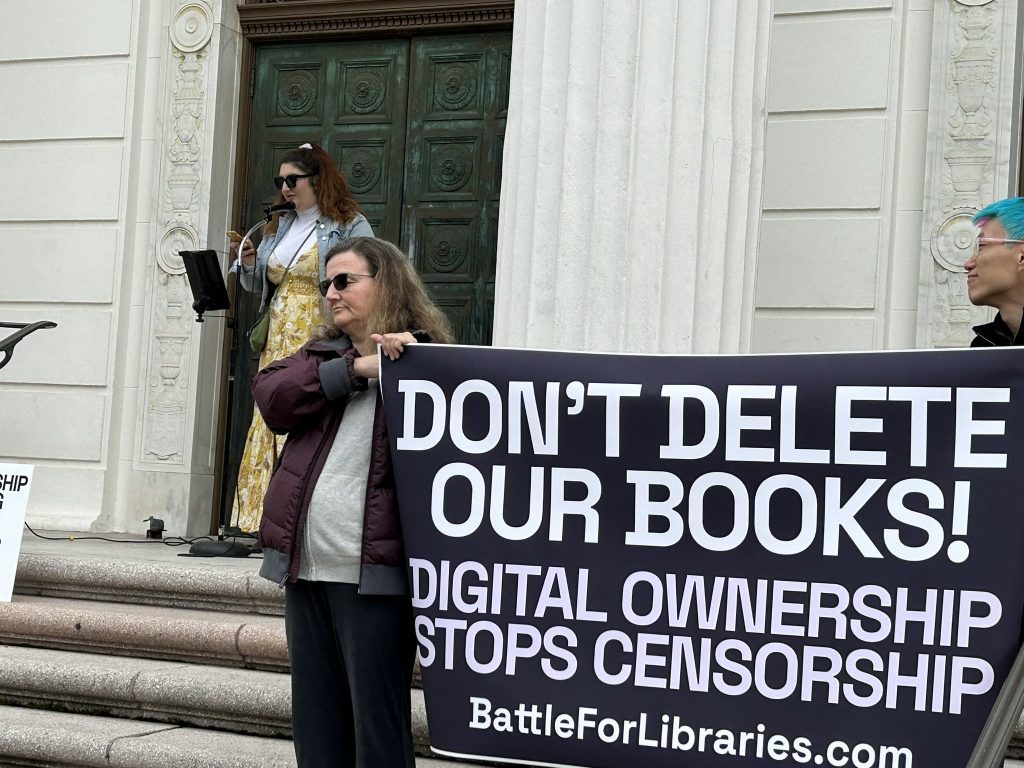
The Internet Law & Policy Foundry’s Lili Siri Spira spoke from her perspective as a “Gen-Z-Millennial cusper growing up on the Internet” about the importance of access to quality information in the face of book bannings and attacks on libraries. “As a former open-source investigator, I know first-hand how important open and free access to knowledge is in order to address the world’s injustices…As a former misinfo analyst, I know what information is out there to replace these burned books and it’s not good,” she said.
Brewster Kahle, the founder and digital librarian of the Internet Archive, gave an impassioned plea about why the lawsuit against the Internet Archive is harmful to libraries and the entire publishing ecosystem. “[The lawsuit] doesn’t make any sense for authors, it doesn’t make any sense for readers, it doesn’t make any sense for libraries, and it doesn’t make any sense for publishers. The library system…has always bought lots of books. But now, [the publishers] are saying you cannot buy an ebook. This makes no sense!”
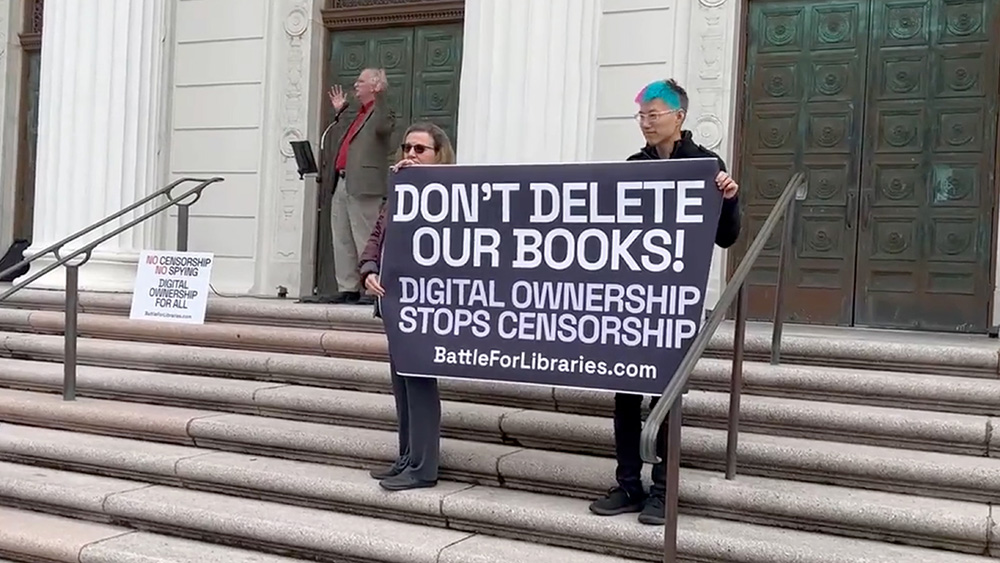
The rally wrapped with cheers for continued action in support of libraries’ digital rights. As EFF’s Cindy Cohn shouted to roars from the crowd, “On to the court of appeals!”
